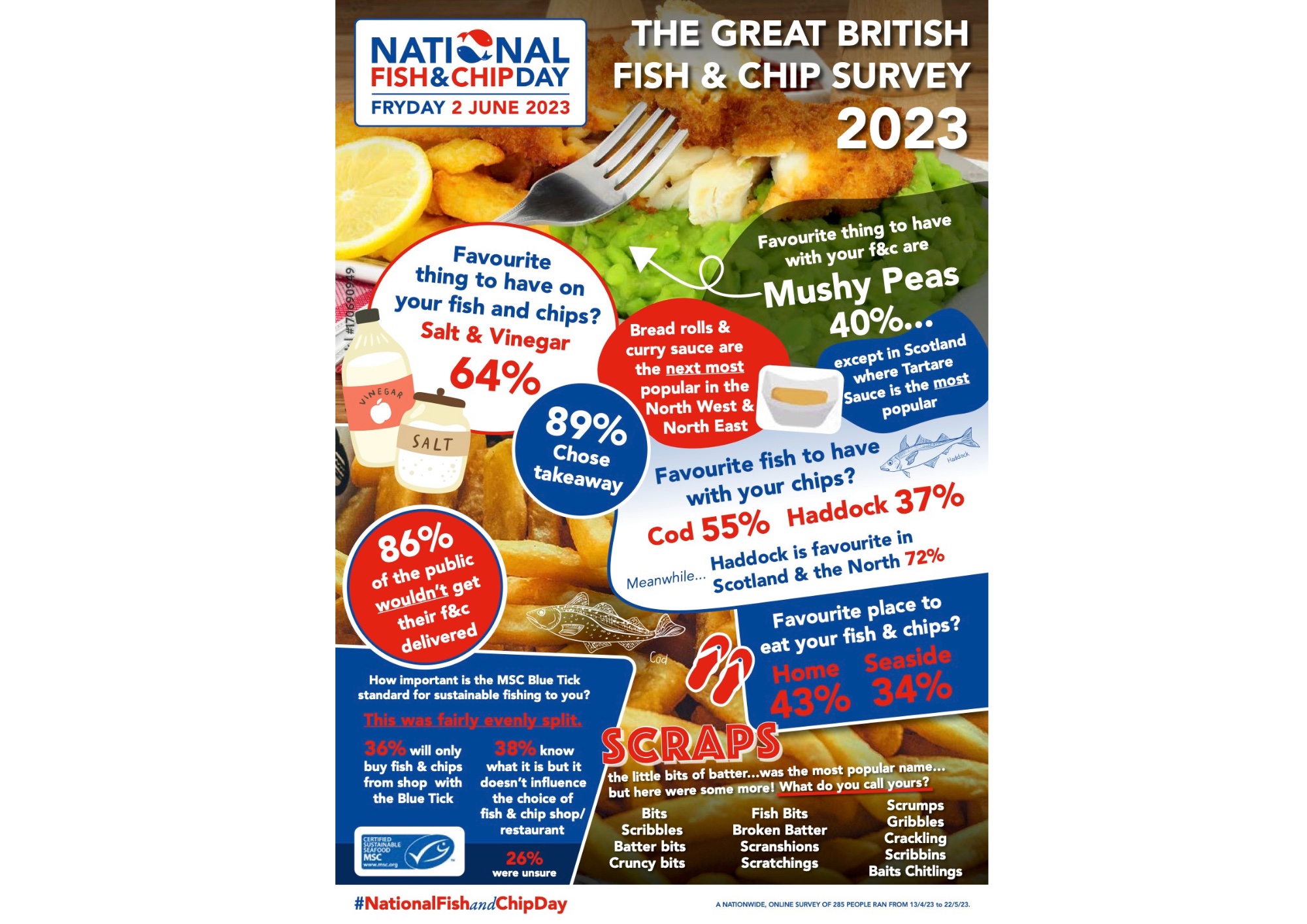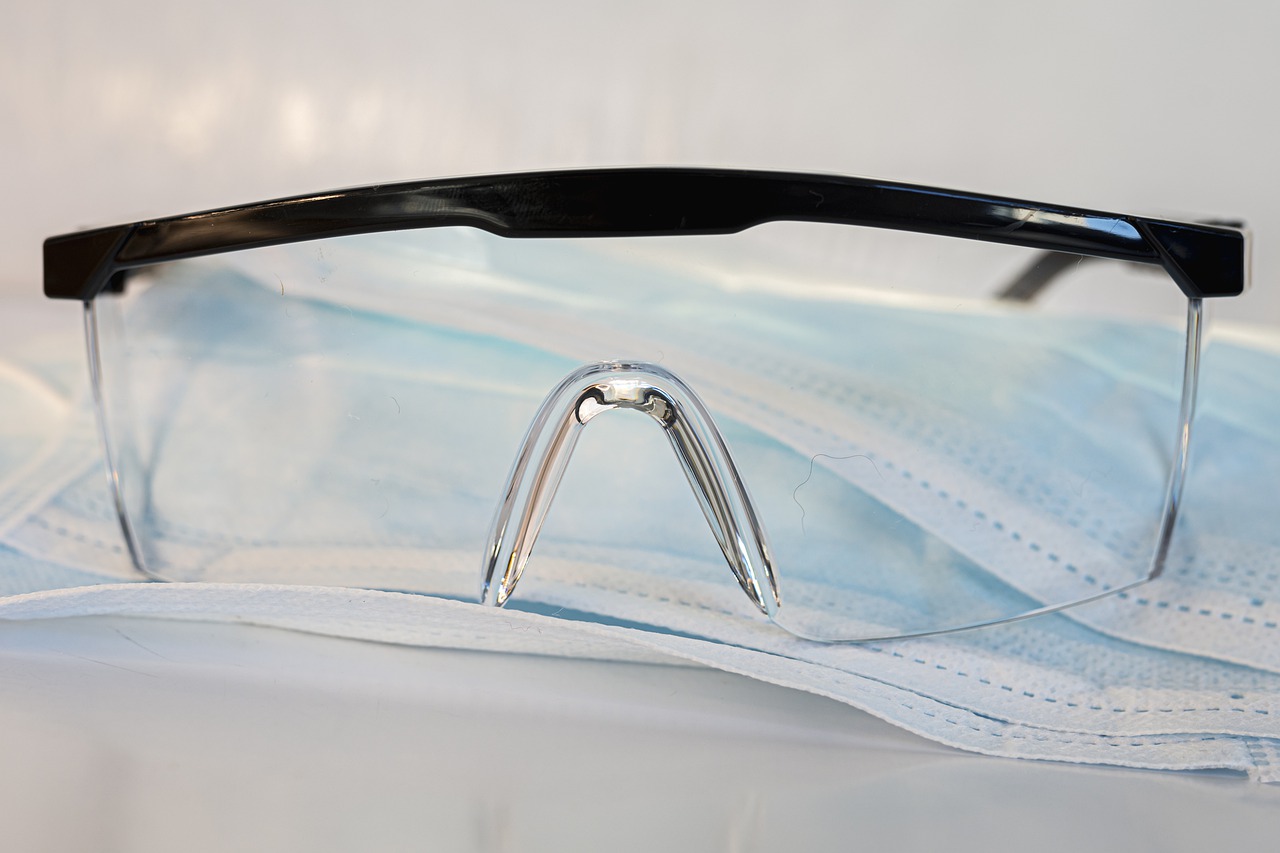Retail sales in the UK saw a significant increase in July, according to official figures released by the Office for National Statistics (ONS). The rise in sales was attributed to a boost from the Euro 2024 football tournament and summer discounting, indicating a growing economy.
The ONS reported a 0.5% growth in retail sales for July, following a 0.9% contraction in June. While this increase is a positive sign, it fell slightly below predictions, with economists forecasting a 0.7% rise for the month.
The boost in sales was largely driven by discounts in sports equipment shops and department stores, as the Euros football tournament spurred purchases. High street retailers reported a surge in sales of football shirts, electronics such as TVs, and alcoholic drinks during England’s journey to the Euros final.
However, not all sectors saw growth in sales. Clothing and footwear shops experienced a 0.6% dip, while homeware retailers also saw a decline of 0.6% in sales. Food stores, on the other hand, saw flat sales for the month.
The dip in June sales was attributed to factors such as election uncertainty, poor weather, and low footfall. However, the 0.9% contraction was revised up from an initial estimate of 1.2%, indicating a slightly less steep decline.
This was the 11th consecutive month that clothing sales have fallen, as the late rise in temperature in July came towards the end of the season. On the other hand, online sales continued to grow and accounted for 27.8% of all sales, the highest percentage since February 2022, when the UK was in the midst of the COVID-19 pandemic.
The ONS release of retail sales figures is significant as household consumption, measured by the data, is the largest expenditure across the UK economy. These figures can also provide insights into consumer sentiments towards their financial position and the economy as a whole.
The latest ONS release comes after a week of other economic announcements, including a 0.6% growth in the UK economy over three months, a 2.2% inflation rate in July (up from 2% in June), and a slower pace of wage growth. The new Labour government has placed its focus on increasing public spending and boosting the economy, while also acknowledging the challenges of inheriting a £22bn gap in the public finances from the previous Conservative government.
Chancellor Rachel Reeves stated that Labour had inherited the worst economic situation of any incoming government since the Second World War, highlighting the importance of economic growth for the success of the new government’s policies.







